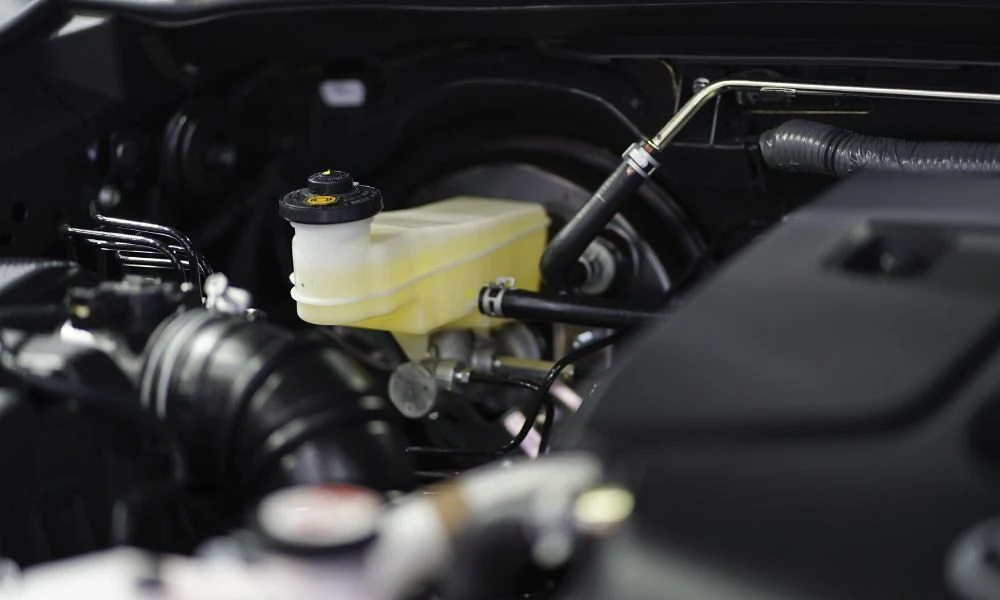It is imperative for companies whose operations rely on a fleet of vehicles to ensure its proper maintenance. The maintenance of transmission fluid is essential for ensuring the longevity and efficiency of the transmission system in a vehicle. It serves as the essential component of a vehicle’s transmission, regulating temperature, providing lubrication to various parts, and ensuring smooth transitions between gears. Organizations that neglect regular transmission fluid inspections and maintenance expose themselves to significant financial repercussions stemming from unexpected failures, as well as operational inefficiencies.
The Implications of Overlooking Transmission Fluid Concerns
Neglecting transmission fluid issues can significantly impact the performance of any corporate fleet. The transmission system is susceptible to significant wear and tear due to inadequate or contaminated transmission fluid, potentially resulting in failure or suboptimal performance. Alongside the significant costs associated with repairs, a failure also results in diminished productivity and delays in service delivery. In the event that a vehicle requires repairs and is rendered unusable, businesses may incur additional costs for the rental of a replacement vehicle. Furthermore, unforeseen malfunctions can adversely affect client satisfaction and may also lead to potential losses in sales and reputation. Going for the Auto Repair in Blue Springs, MO based service is essential here.
Prompt maintenance contributes to the reduction of long-term expenses.

Organizations can significantly reduce their long-term expenditures by investing in timely transmission fluid repairs. Regular maintenance and inspections play a crucial role in identifying potential issues before they escalate into significant malfunctions. Organizations can ensure the optimal performance of their vehicles by replacing outdated or contaminated transmission fluid, thereby improving fuel efficiency and reducing wear on the transmission system. Furthermore, assessments concerning fluid alterations and overall vehicle condition can be conducted utilizing predictive maintenance methodologies, which entail executing repairs informed by data and observed patterns. This proactive approach has the potential to avert costly major repairs in the future, thereby providing a substantial return on investment.
Improving Fleet Dependability and Operational Efficiency
In order for enterprises to maintain a competitive edge, it is essential to have a well-managed fleet. Timely maintenance of transmission fluids enhances vehicle reliability and ensures that all components operate effectively when required. Maintaining a modern fleet significantly minimizes the risk of malfunctions, thereby preventing potential delays in services or deliveries. Disruptions can adversely affect both operational efficiency and customer satisfaction. Organizations have the opportunity to foster a culture of reliability, enhancing customer trust and creating lasting partnerships, by dedicating resources to regular maintenance.
In conclusion
Fleet owners have the opportunity to achieve significant savings by implementing a scheduled maintenance plan for transmission fluid. By prioritizing maintenance inspections and promptly addressing transmission fluid issues, one can avert expensive breakdowns, reduce costs, and enhance fleet efficiency. The initial investment in maintenance should be regarded not merely as an expense, but rather as a strategic initiative that has the potential to enhance operational efficiency and yield cost savings. By ensuring the health of their fleet, organizations can enhance profitability and elevate service quality in a competitive marketplace.











